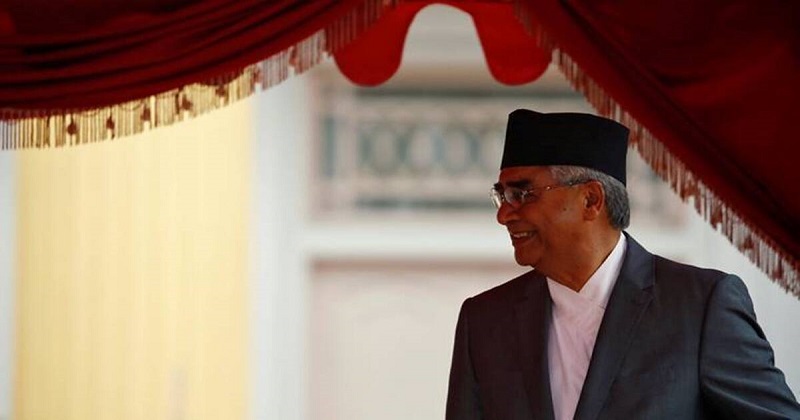
Kathmandu: Nepal’s Supreme Court reinstated its parliament, which was dissolved by caretaker Prime Minister K.P. Sharma Oli in May, and appointed Sher Bahadur Deuba as prime minister. Oli lost a major battle with the move, as he was unable to muster a majority in the House of Representatives and sought to dissolve parliament on May 22 to force a fresh election. This was Oli’s second attempt to dissolve parliament in recent months after an initial attempt in December 2020, following a split in his party, was canceled by the Supreme Court in February.
On May 10, after Nepal’s parliament was reconstituted, Oli lost a vote of confidence. In fact, he agreed to dissolve parliament before his rivals would have a chance to speak. In addition to the fact that neither he nor Deuba could come to an agreement on a new government, he advised Bidya Devi Bhandari to dissolve parliament.

Debendra Dhakal, an official with the Supreme Court, said Monday that the court had ordered the parliament to reconvene within seven days. The court also ordered that Sher Bahadur Deuba be appointed as prime minister no later than 1700 hours (1115 hours GMT) on Tuesday. Bipin Adhikari, a constitutional expert and analyst, said the court left no room for political maneuvering by the outgoing prime minister.
He attempted to form a new government after Oli failed to garner a majority among lawmakers. More than a dozen rebels from Oli’s Communist Unified Marxist Leninist (UML) party had promised to support Deuba. A coalition government has been formed by five political parties, according to Deuba. Oli was not immediately available for comment, but his aide, Rajan Bhattarai, called the court’s move ‘a wrong political decision, which has long-term implications for the parliamentary democracy in our country’.
Read more: Renowned music composer Murali Sithara found dead
Oli’s supporters demonstrated near the parliament building against the decision. Oli was elected in early 2018 as leader of an alliance with the Maoist Centre, a group of former Maoist rebels, promising to end corruption and bring development to one of the world’s poorest countries. Some allies accuse him of undermining colleagues and ignoring party decisions when making key government appointments.

Post Your Comments